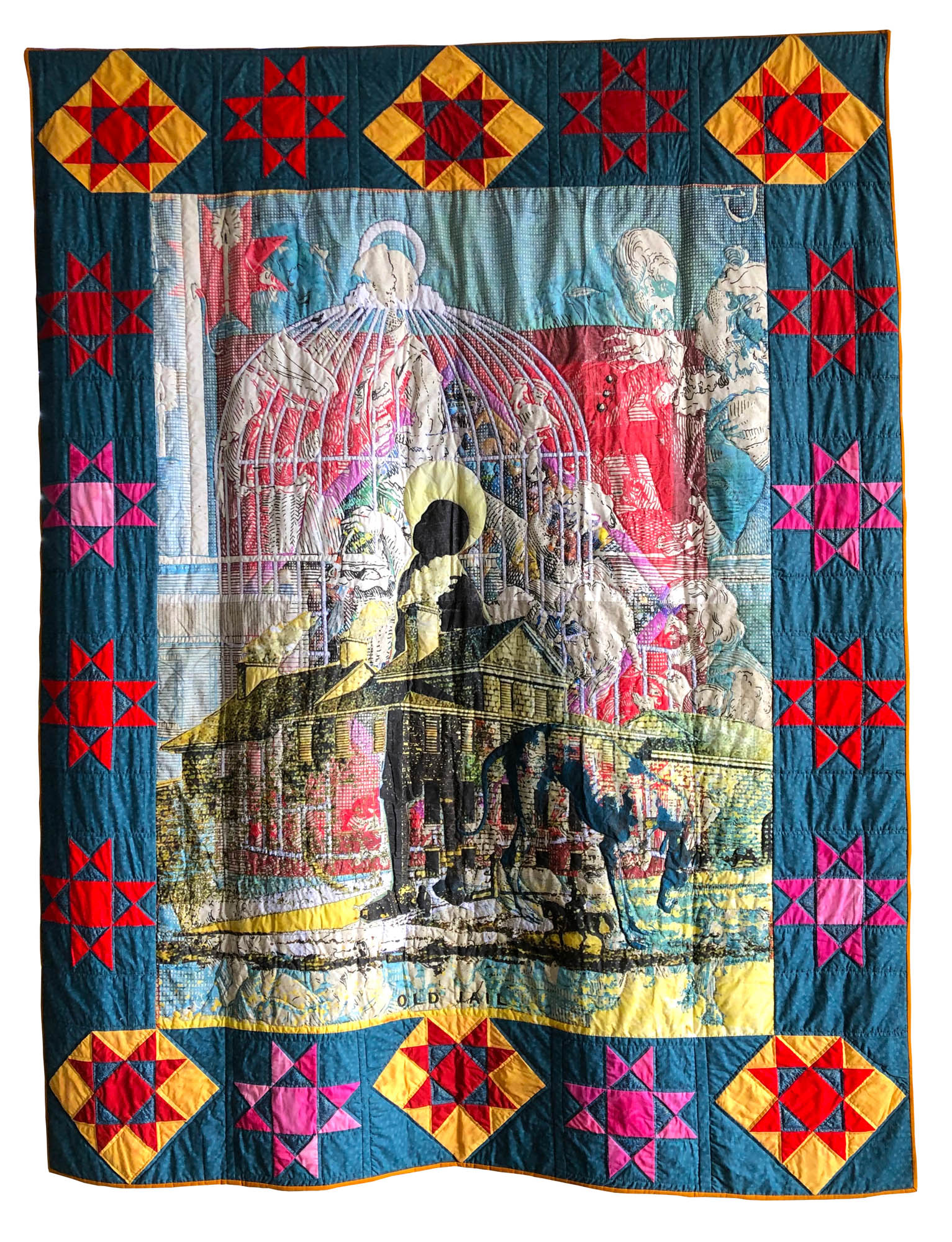
Mass Incarceration Quilt Series
Mass Incarceration Quilt Series
Jesse Krimes
Jesse Krimes
The Mass Incarceration Quilt Series focuses on rendering visible people and perspectives hidden by the criminal legal system. Using participatory art practices that traverse both prison bars and the urban and rural divide, the series will represent the national scale of incarceration through an accumulation of individuated quilt squares and larger textiles. The works will integrate old clothing collected from directly impacted people and their families, invoking the body and presence of those millions who have been “disappeared” by the criminal punishment system.
Krimes’s project will culminate in the exhibition Corrections at The Metropolitan Museum of Art from October 28, 2024 to July 13, 2025 and the solo exhibition Cells at Jack Shainman Gallery from November 2–December 21, 2024.
Artistic Activism, Multimedia, Socially-Engaged Art, Visual Arts
2020
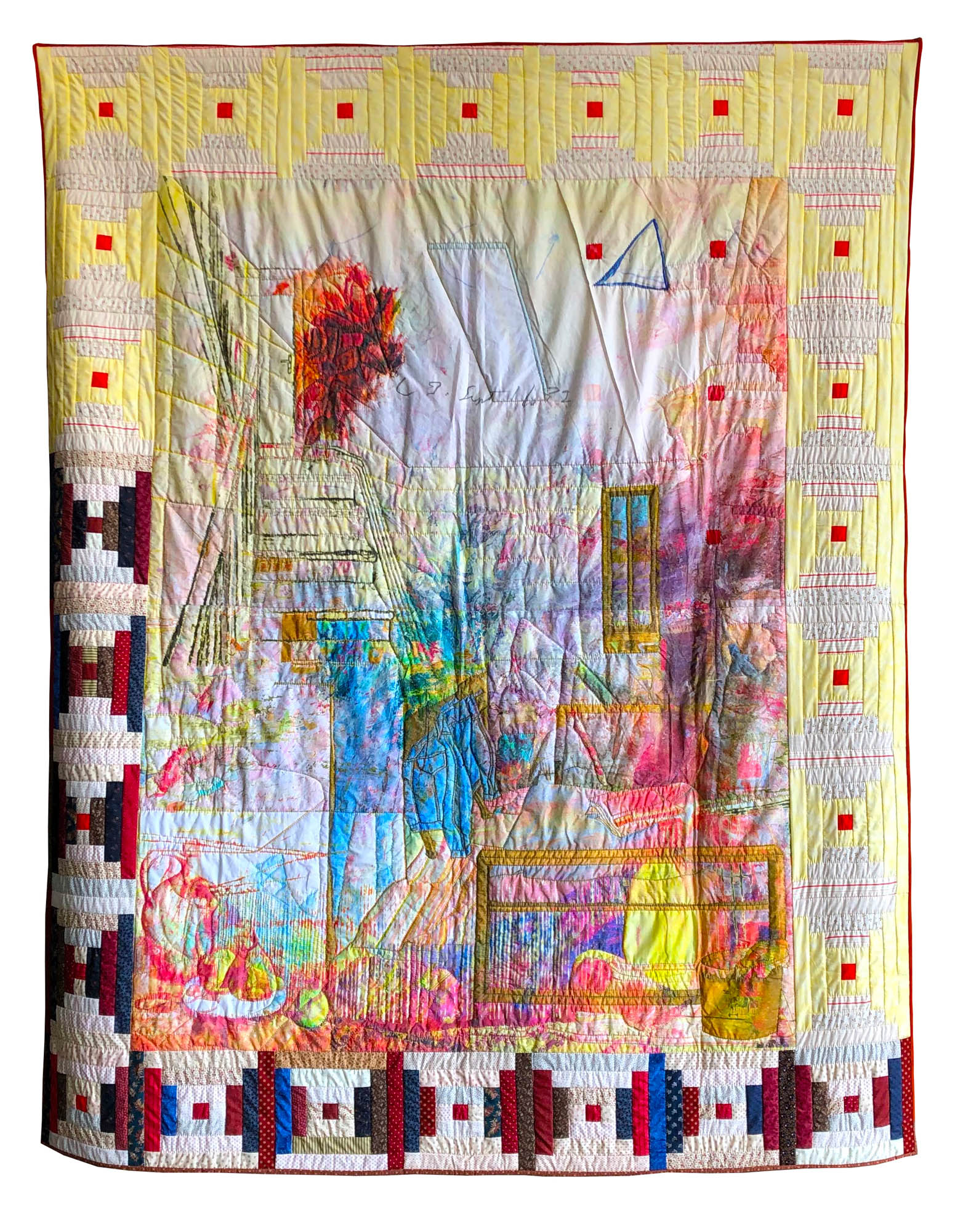

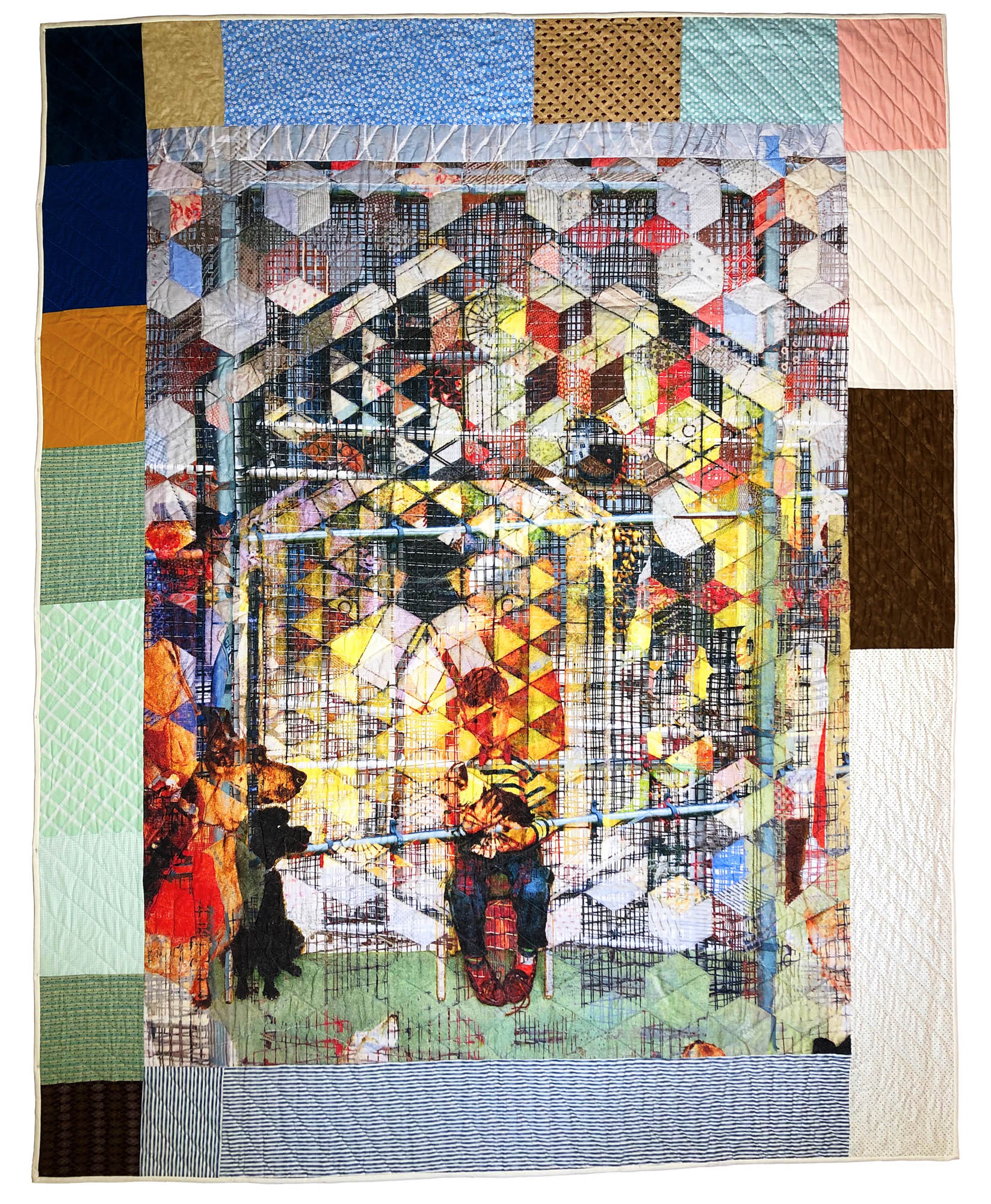
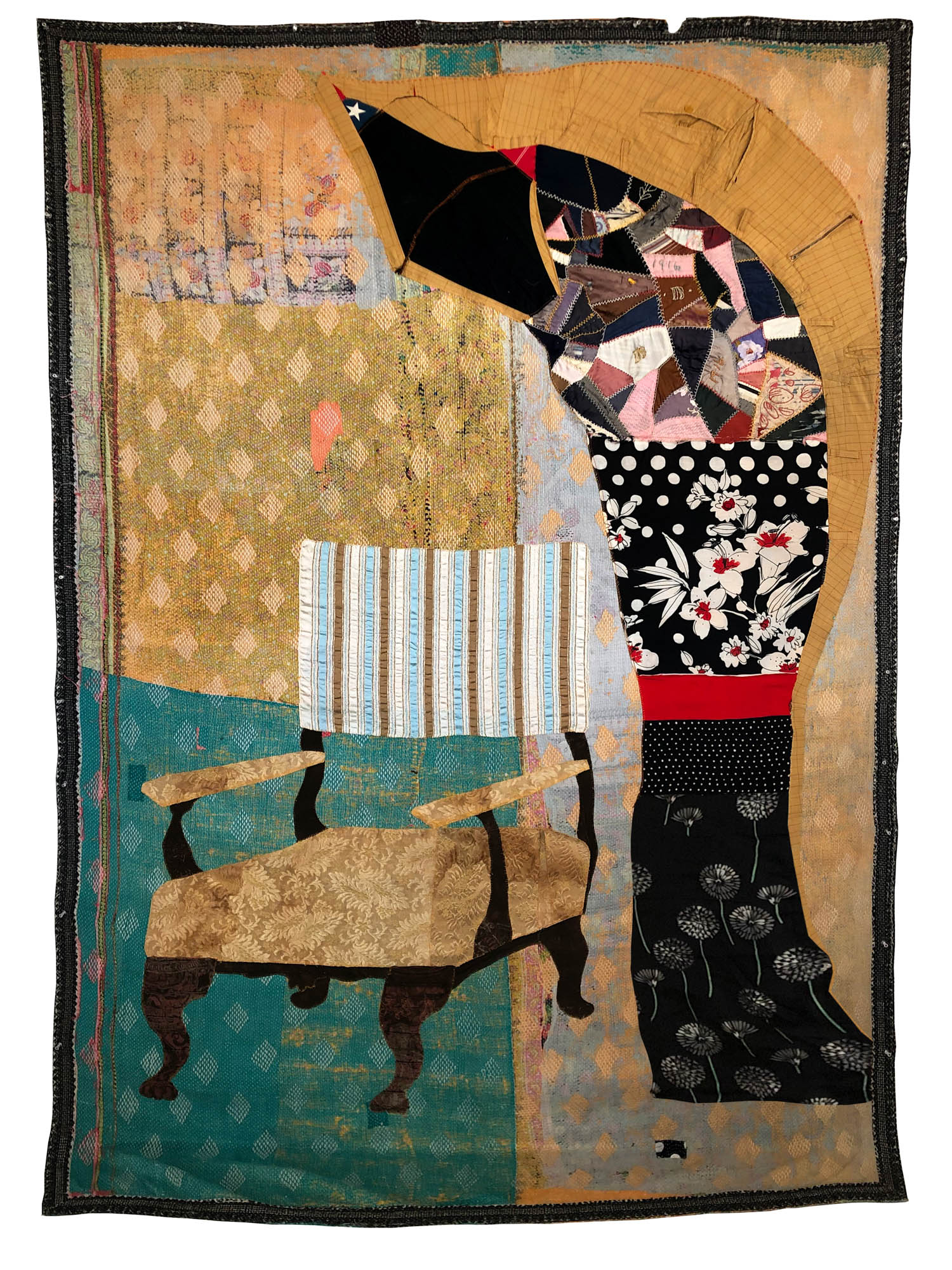
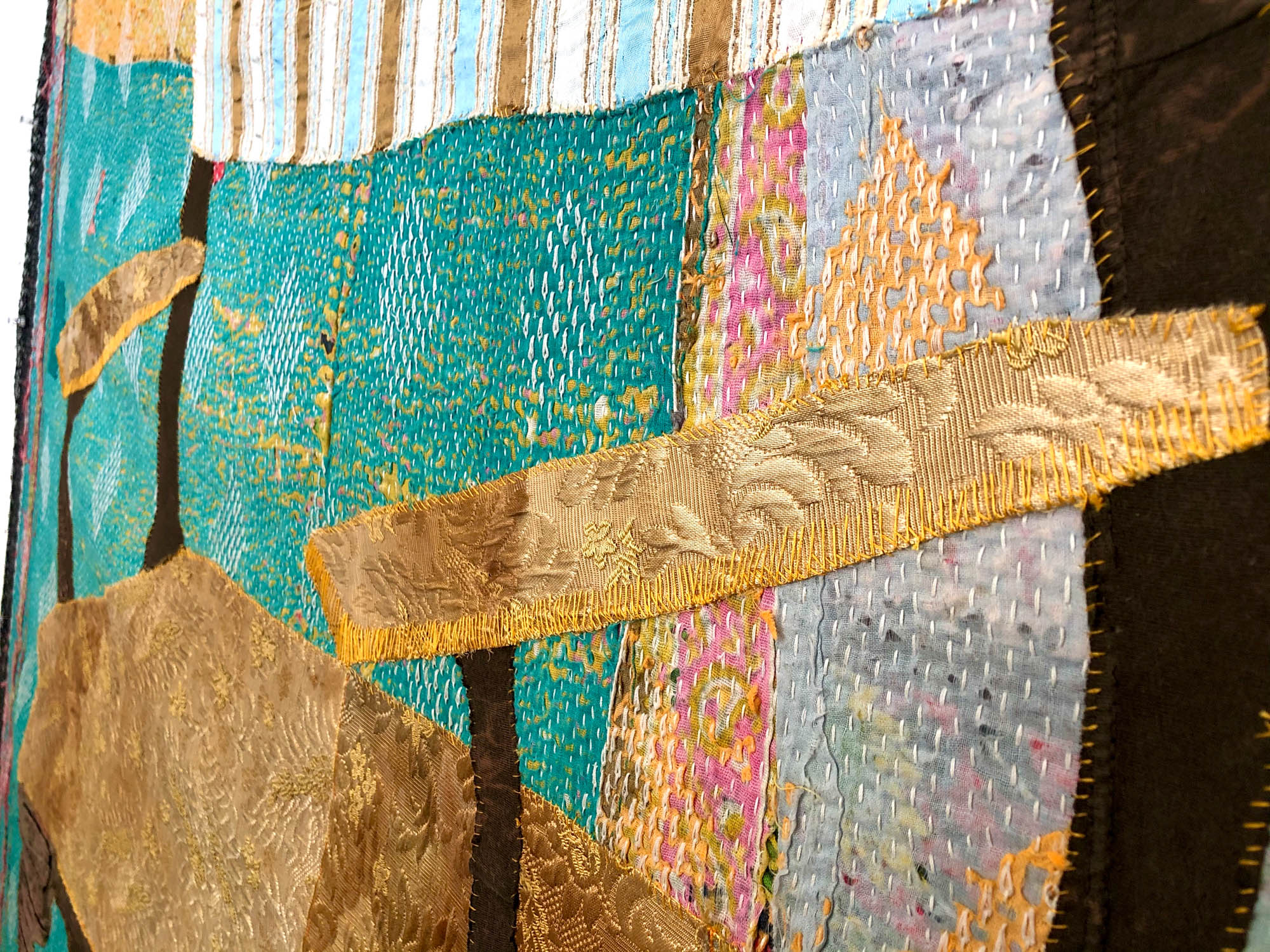
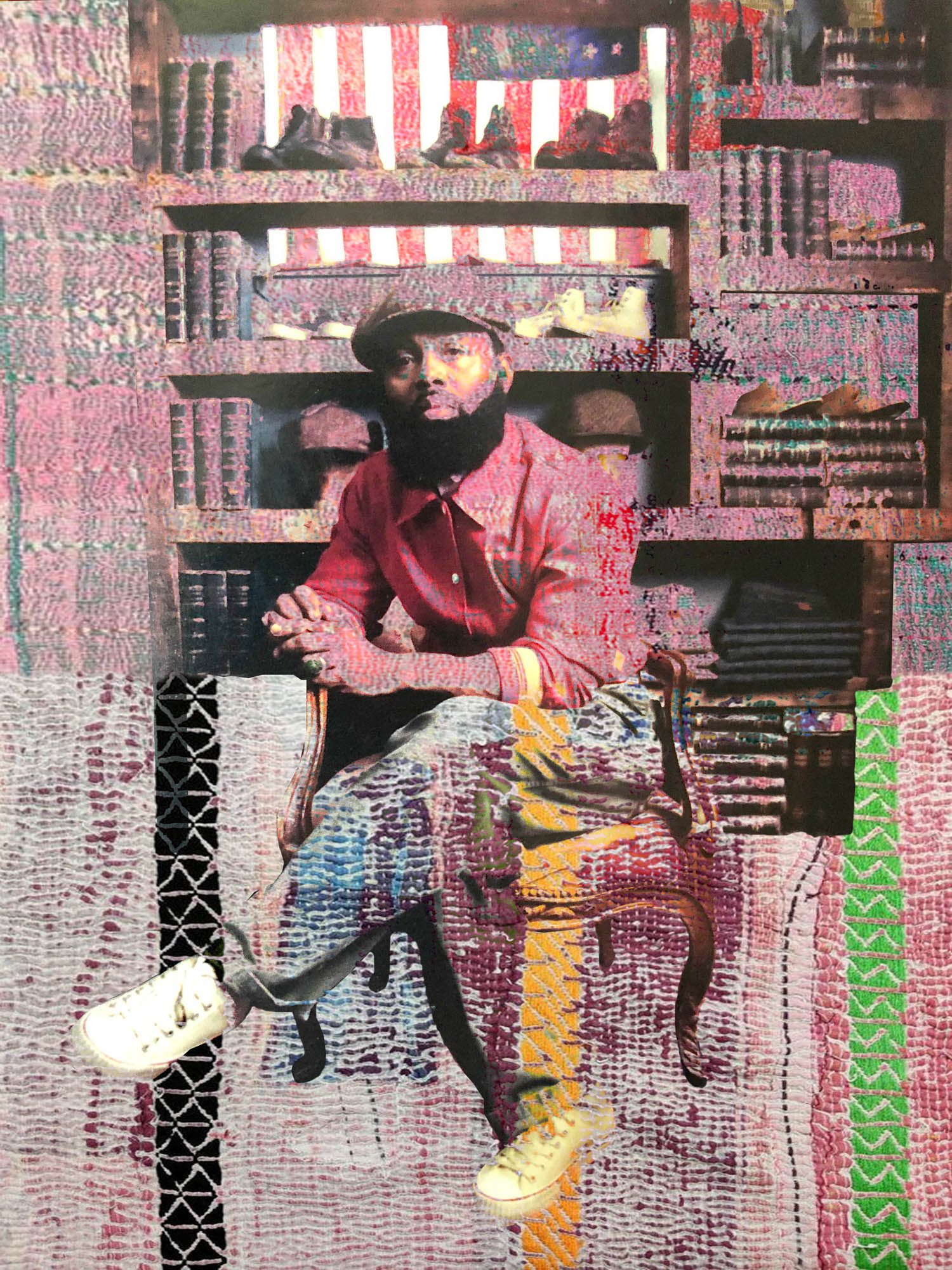
About Jesse Krimes
Philadelphia, PA
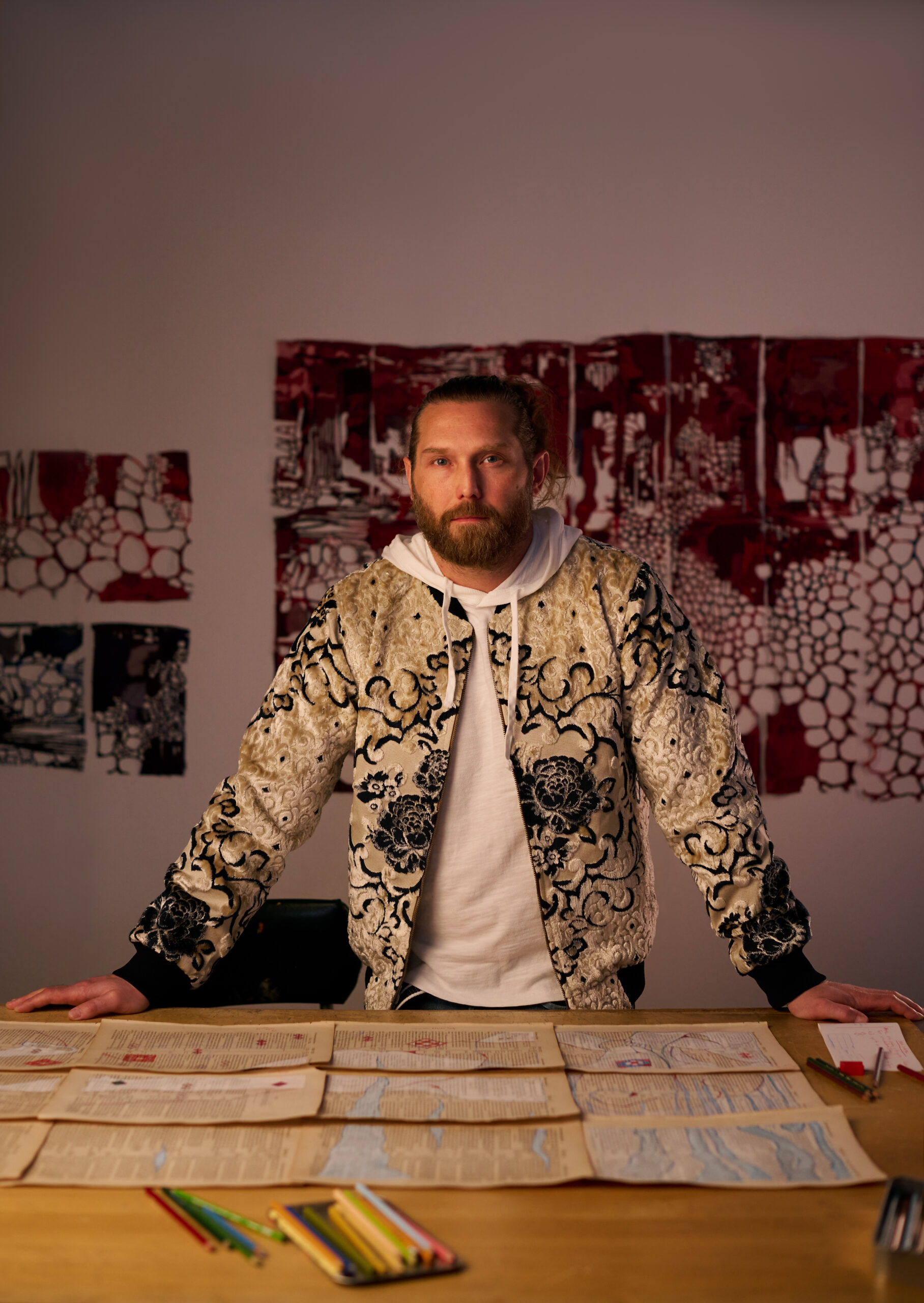 Jesse Krimes is a Philadelphia based artist, curator and advocate whose work explores how contemporary media shapes and reinforces societal mechanisms of power and control, with a particular focus on criminal and racial justice.
Shortly after graduating from Millersville University, Krimes was indicted by the U.S. government on drug charges. While serving a six-year prison sentence, he produced and smuggled out numerous bodies of work, established prison art programs and co-created multi-racial artist collectives. After his release, he founded and currently serves as Executive Director of Center for Art & Advocacy, the first and only national fellowship dedicated to supporting formerly incarcerated artists. Krimes’ work has been exhibited at venues including MoMA PS1, Palais de Tokyo, The Philadelphia Museum of Art, International Red Cross Museum, Zimmerli Museum, Newport Art Museum and Aperture Gallery. In 2016, he successfully led a class-action lawsuit against JPMorgan Chase for charging formerly incarcerated people predatory fees after their release from federal prison. His curatorial practice is focused on elevating other system-impacted artists.
In 2023, Krimes won an Emmy Award for ART & KRIMES BY KRIMES for Outstanding Art and Culture Documentary. He has also been awarded fellowships from the John Simon Guggenheim Memorial Foundation, Pew Center for Arts and Heritage, Robert Rauschenberg Foundation, Creative Capital, Art for Justice Fund, Independence Foundation and Vermont Studio Center. His work is in the permanent collections of the Brooklyn Museum, Newport Art Museum, OZ Art NWA, Kadist Art Foundation, The Bunker Artspace and the Agnes Gund Collection. He is represented by Jack Shainman Gallery in New York.
Jesse Krimes is a Philadelphia based artist, curator and advocate whose work explores how contemporary media shapes and reinforces societal mechanisms of power and control, with a particular focus on criminal and racial justice.
Shortly after graduating from Millersville University, Krimes was indicted by the U.S. government on drug charges. While serving a six-year prison sentence, he produced and smuggled out numerous bodies of work, established prison art programs and co-created multi-racial artist collectives. After his release, he founded and currently serves as Executive Director of Center for Art & Advocacy, the first and only national fellowship dedicated to supporting formerly incarcerated artists. Krimes’ work has been exhibited at venues including MoMA PS1, Palais de Tokyo, The Philadelphia Museum of Art, International Red Cross Museum, Zimmerli Museum, Newport Art Museum and Aperture Gallery. In 2016, he successfully led a class-action lawsuit against JPMorgan Chase for charging formerly incarcerated people predatory fees after their release from federal prison. His curatorial practice is focused on elevating other system-impacted artists.
In 2023, Krimes won an Emmy Award for ART & KRIMES BY KRIMES for Outstanding Art and Culture Documentary. He has also been awarded fellowships from the John Simon Guggenheim Memorial Foundation, Pew Center for Arts and Heritage, Robert Rauschenberg Foundation, Creative Capital, Art for Justice Fund, Independence Foundation and Vermont Studio Center. His work is in the permanent collections of the Brooklyn Museum, Newport Art Museum, OZ Art NWA, Kadist Art Foundation, The Bunker Artspace and the Agnes Gund Collection. He is represented by Jack Shainman Gallery in New York.
Jesse Krimes is a Philadelphia based artist, curator and advocate whose work explores how contemporary media shapes and reinforces societal mechanisms of power and control, with a particular focus on criminal and racial justice. Shortly after graduating from Millersville University, Krimes was indicted by the U.S. government on drug charges. While serving a six-year prison sentence, he produced and smuggled out numerous bodies of work, established prison art programs and co-created multi-racial artist collectives. After his release, he founded and currently serves as Executive Director of Center for Art & Advocacy, the first and only national fellowship dedicated to supporting formerly incarcerated artists. Krimes’ work has been exhibited at venues including MoMA PS1, Palais de Tokyo, The Philadelphia Museum of Art, International Red Cross Museum, Zimmerli Museum, Newport Art Museum and Aperture Gallery. In 2016, he successfully led a class-action lawsuit against JPMorgan Chase for charging formerly incarcerated people predatory fees after their release from federal prison. His curatorial practice is focused on elevating other system-impacted artists. In 2023, Krimes won an Emmy Award for ART & KRIMES BY KRIMES for Outstanding Art and Culture Documentary. He has also been awarded fellowships from the John Simon Guggenheim Memorial Foundation, Pew Center for Arts and Heritage, Robert Rauschenberg Foundation, Creative Capital, Art for Justice Fund, Independence Foundation and Vermont Studio Center. His work is in the permanent collections of the Brooklyn Museum, Newport Art Museum, OZ Art NWA, Kadist Art Foundation, The Bunker Artspace and the Agnes Gund Collection. He is represented by Jack Shainman Gallery in New York.
